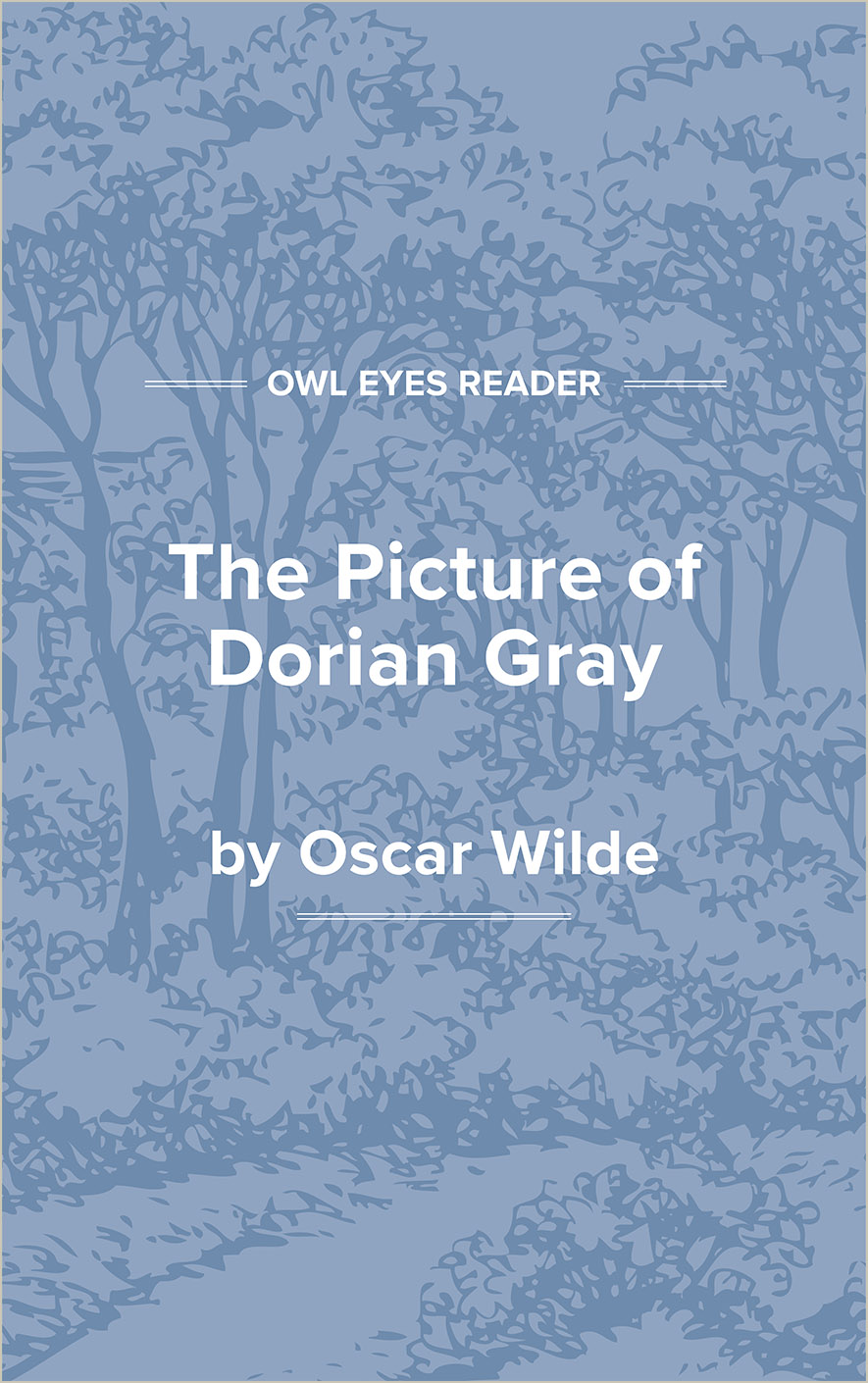Study Guide
Analysis Pages
Summary
One day in his London studio, painter Basil Hallward is putting a few finishing touches on a portrait of his handsome young friend, Dorian Gray. Lord Henry Wotton, a caller, indolently watches the painter at work. When his friend admires the subject of the painting, the artist explains that Dorian is his ideal of youth and that he hopes Lord Henry will never meet him because the older man’s influence will be absolute and evil.
While Hallward and Lord Henry are talking, Dorian arrives at the studio and Hallward, much against his will, is forced to introduce the young man to Lord Henry. Hallward signs the portrait and announces that it is finished. When Lord Henry offers to buy the picture, the painter says it is not his property and that it belongs to Dorian, to whom he is presenting it. After listening to Lord Henry’s witty conversation, Dorian looks at his portrait and grows sad. He will become old and wrinkled, he says, while the picture will remain the same. Instead, he wishes that the portrait may grow old while he remains forever young. He says he would give his soul to keep his youth. There is, however, no overt Faustian bargain struck with Satan. Rather, Dorian’s powerful narcissism is sufficient to magically draw the portrait’s perpetual youth and beauty into himself.
Dorian and Lord Henry become close friends. One of the gifts Lord Henry gives the young man is a book about another young man who attempts to realize in his brief lifetime all the passions of human history. Dorian makes the book a pattern for his own life. In a third-rate theater, he sees a young actor named Sibyl Vane playing the role of Juliet with such sincerity and charm that he falls in love with her on the spot. After he has met her in person, Dorian dreams of taking her away from the cheap theatrical troupe and making her a great actor who will thrill the world.
One night, Dorian takes Lord Henry to watch Sybil’s performance. Tonight, however, she is listless and wooden; she is so uninspired in her acting that the audience hisses at her. Dorian goes to her dressing room after the final curtain. Sibyl explains to him that before meeting him she thought acting her only reality. Now, she says, Dorian’s love has taught her what reality actually is, and she can no longer act. Dorian coldly tells her she has killed his love and that he never intends to see her again.
Later, when Dorian returns to his home, he notices something in his portrait that he has never before seen, a faint line of cruelty about the mouth. Looking at his own features in a mirror, he finds no such line on his own lips. Dorian is disturbed, and he resolves to reform, to see no more of Lord Henry, and to ask Sibyl to forgive him and then marry him. This very night, he writes her a passionate letter, but before he can post the letter, Lord Henry visits in the morning and brings the news that Sibyl had killed herself in her dressing room last night.
After his friend leaves, Dorian decides there is no point to his good resolutions. The portrait will have to bear the burden of his shame. In the evening, he attends the opera with Lord Henry. The following day, when Hallward attempts to reason with him over scandalous reports that are beginning to circulate about his behavior, Dorian expresses no emotion over Sibyl’s suicide. His part in her tragic story will never be revealed, for she knew him only as a Prince Charming. When Hallward asks to see his painting of Dorian, the young man refuses, and in a sudden rage shouts that he never wishes to see the painter again. Later, he hangs the portrait in an old schoolroom upstairs, locks the door, and hides the key where only he can find it.
Rumors about Dorian continue, and the young man becomes suspected of strange vices. Gentlemen walk out of their club rooms when he enters, hosts of balls and parties at country houses invite him less and less, and many of his former friends refuse to acknowledge him when they meet. It is reported...
(The entire page is 1,386 words.)
Owl Eyes subscribers get unlimited access to our expert annotations, analyses, and study guides on your favorite texts. Master the classics for less than $5/month!

